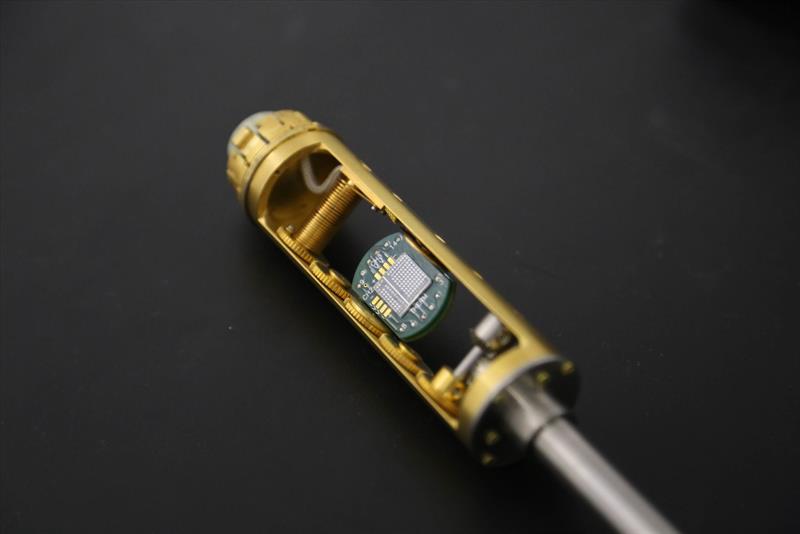“We always encounter such problems and inconveniences when using our phones, computers and other electronic devices. We often find that these devices are becoming ‘hot’ and ‘slow’, moreover, we need to charge them frequently and have to bring another portable charger sometimes,” explained Professor Yang Hyunsoo, the team leader of this research.
Traditional electronic chips suffer from substantial ‘joule heat’, which occurs due to the flow of an electric current producing high temperatures. This is caused by rapid motion and frequent collision among moving charges inside the devices.
Rather than adopting standard electron injection methods used in traditional electronics, the researchers used ‘spin waves’ to switch magnetisation. Spin waves are propagating disturbances in the ordering of magnetic materials, and from the quasiparticle point of view, spin waves are known as ‘magnons’.
The team built a bilayer system consisting of an antiferromagnetic magnon transport channel and a topological insulator spin source. They then demonstrated spin wave driven magnetisation switching in the adjacent ferromagnetic layer with a high efficiency at room temperature.
This shows a switching scheme based on spin waves can avoid moving charges, reducing joule heat and power dissipation. The researchers say spin wave-based switching could open a new avenue for energy-efficient chips.
Below: the research team says future magnon torque-based devices such as this could allow for faster electronic gadgets that require less power and do not overheat.

In addition, the operation frequency of spin waves is in the terahertz range, and devices using this range can transmit data at significantly high speeds. Prof Yang added, “Magnon torque-based devices will allow the implementation of ultrahigh speed applications in the future.”
The research team will now further engineer the efficiency of magnon torques and explore all magnon devices without involving electrical parts.













